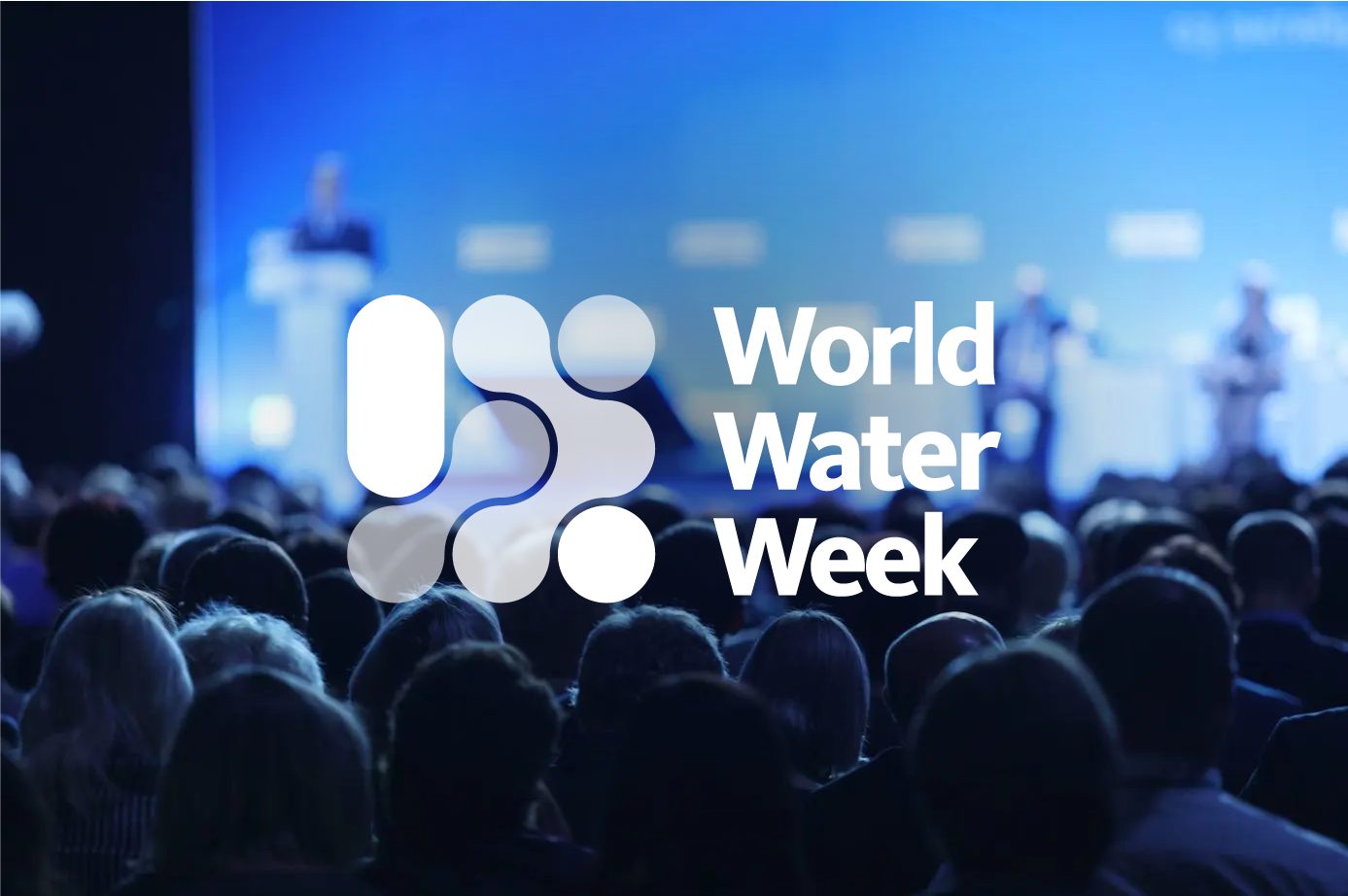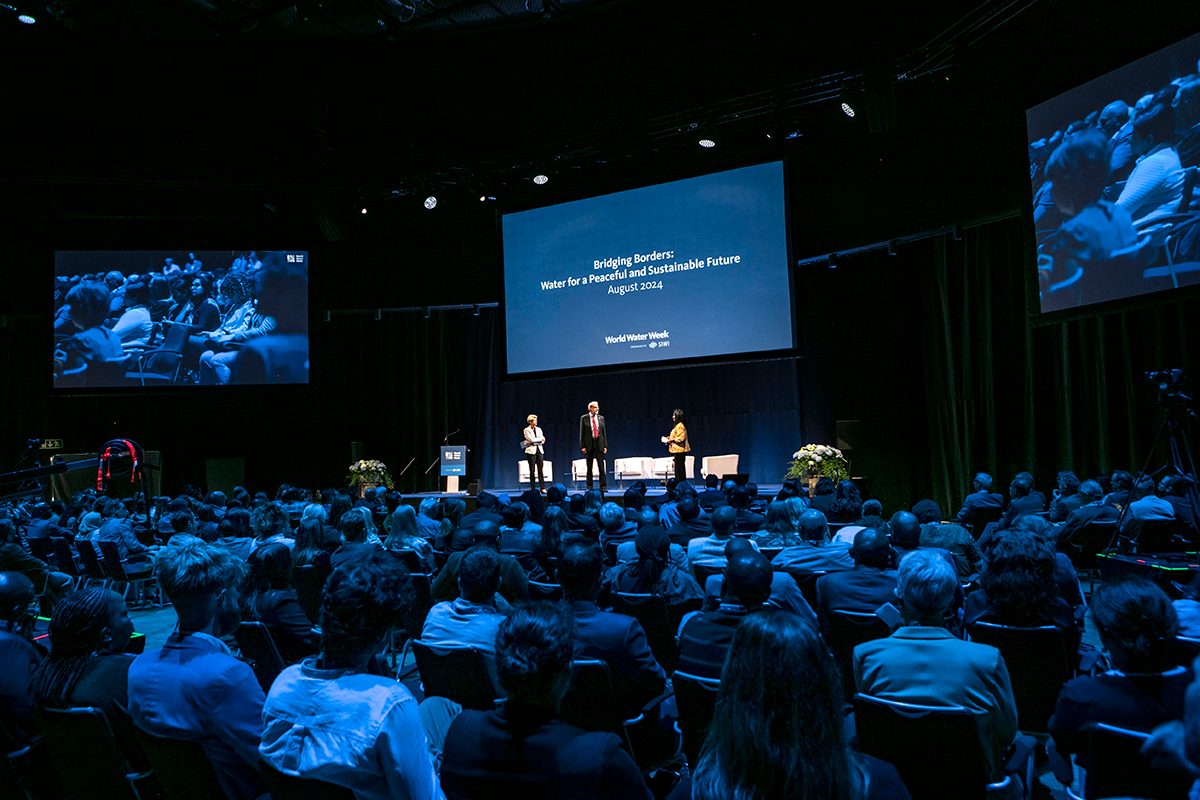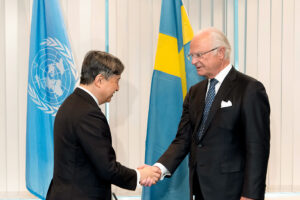6 key trends from World Water Week 2023
With a record number of participants from almost every country on Earth, World Water Week 2023 will have a lasting influence. Here is a look at six of the most important trends likely to shape the year ahead.
World Water Week, the leading global water conference, concluded on 24 August, after five intense days dedicated to the theme Seeds of Change: Innovative Solutions for a Water-Wise World.
As organizers, SIWI always shares a quick summary of the year’s most important trends immediately after the event. More in-depth analyzes will later be provided by both World Water Week’s Scientific Programme Committee and the Junior Rapporteurs who follow most of the 300+ sessions.
Six trends stood out at World Water Week 2023:
- Interconnectivity is crucial. With the theme Seeds of Change, many speakers emphasized the need to talk more about how to make transformations happen, rather than just listing problems. There was a strong focus on intergenerational dialogues and learning from each other. The critical role of trust and inclusion was also frequently mentioned.
- Time to rethink innovation. Some eyebrows were raised when the theme was first presented last year since many people still primarily associate innovation with technology. But, as pointed out by SIWI’s Acting Executive Director Karin Gardes, innovation is a much broader concept and World Water Week showcased innovation also in governance, finance, values, and culture. It also became clear how essential it is to apply a gender lens.
- Learning from Indigenous Peoples. For the first time, World Water Week had a special focus on Indigenous Peoples’ knowledge, with representatives from some 20 groups present to share their views and experiences. The Opening started with a keynote by Dr Milika Sobey on the role of Indigenous Peoples’ knowledge for innovation, and the importance of values such as reciprocity, respect, and relations. But an essential takeaway was also not to generalize about Indigenous peoples – a frequent phrase was “If you know one tribe, you only know one tribe”.
- Oceans are making waves. An interesting trend this year was that all the three winning teams of the Stockholm Junior Water Prize had an ocean focus. To young scientists it’s clear that it doesn’t make sense to treat freshwater, coasts and oceans as separate entities. The source-to-sea approach is increasingly becoming the new norm.
- New approaches to water governance. The future of water governance discussed throughout the week. The Closing: What’s Next session also featured Professor Johan Rockström who is one of the Co-Chairs of the Global Commission on the Economics of Water which will present a report on how we need to change incentives and governance related to water. Why that is needed became very evident when Professor Rockström shared new research on the pressure we are currently putting on the global water cycle and what the consequences are.
- Linking international processes. A growing number of convenors use World Water Week to create sessions that prepare for international processes, for example the upcoming SDG Summit in September and the climate meeting COP28 in December. The Week also followed up on the UN 2023 Water Conference in March and analyzed progress so far on the Water Action Agenda. This was very much in line with SIWI’s commitment to the Water Action Agenda – to offer World Water Week as an arena for collective action to solve water challenges.
World Water Week in your inbox
This article was originally created for the WaterFront Daily: a special digital magazine bringing insights and analysis of every day of the Week.









